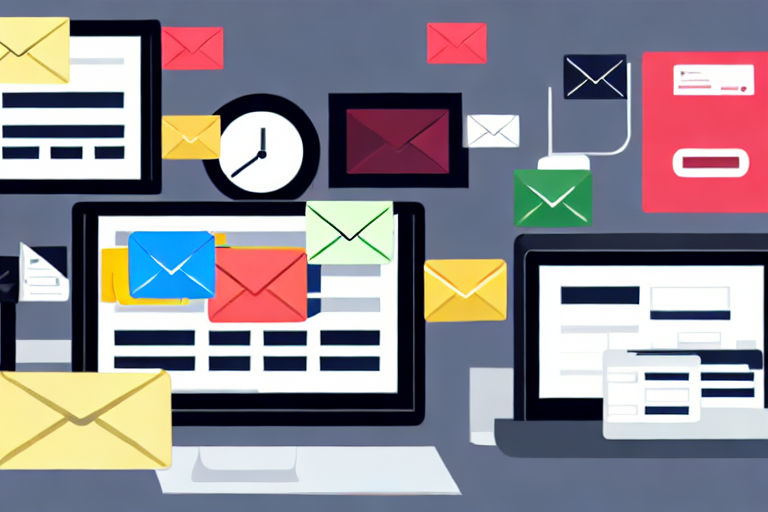Email Authentication 101: Understanding the Basics and Why It Matters for Your Email Deliverability
Email authentication is a crucial aspect of email deliverability that every business should understand. It involves a series of procedures that enable email providers to identify the sources of incoming emails, confirming whether they are trustworthy, and ensuring that they are delivered to recipient inboxes. In this article, we'll discuss the basics of email authentication and how it can impact your email deliverability.
What is Email Authentication?
Email authentication is a method of verifying the identity of an incoming email by validating its domain name and IP address. This process can help prevent spammers and hackers from using phishing tactics to send fraudulent emails that appear to come from a legitimate source. Email authentication also helps email providers recognize legitimate email senders, which can improve inbox placement rates.
Types of Email Authentication
There are three primary email authentication types, each of which plays a vital role in ensuring that emails are authentic and trustworthy.
SPF (Sender Policy Framework)
SPF is a straightforward email authentication protocol that allows email providers to verify the domain name of the sending server. An SPF record identifies the hosts authorized to send emails on behalf of a particular domain, which helps the email provider determine whether an incoming email is legitimate.
DKIM (DomainKeys Identified Mail)
DKIM is another email authentication protocol that uses digital signatures to confirm the authenticity of an email message. The signature is created using a private key that is unique to the sending domain, which verifies that the email is from an authorized source.
DMARC (Domain Message Authentication Reporting and Conformance)
DMARC is a protocol that builds on SPF and DKIM by providing additional reporting and conformance features. It enables email providers to share information about the messages that they receive, allowing senders to monitor the performance of their email campaigns.
Why Email Authentication Matters
Email authentication plays an essential role in email deliverability, as it helps email providers recognize trustworthy sources and prevent fraudulent emails from reaching recipients' inboxes. Without proper authentication, emails may be delivered to spam or junk folders, which can impact the effectiveness of your email marketing campaigns.
Furthermore, email authentication can help your brand maintain its reputation and avoid damage to your online presence. By implementing email authentication protocols, you can protect your customers from spam and phishing scams, helping to foster trust and loyalty.
Conclusion
In summary, email authentication is a critical component of email deliverability that every business should prioritize. By implementing SPF, DKIM, and DMARC protocols, you can help ensure that your emails reach their intended recipients and maintain the integrity of your brand. So take the necessary steps to secure your email communication and start reaping the benefits of improved deliverability today!





